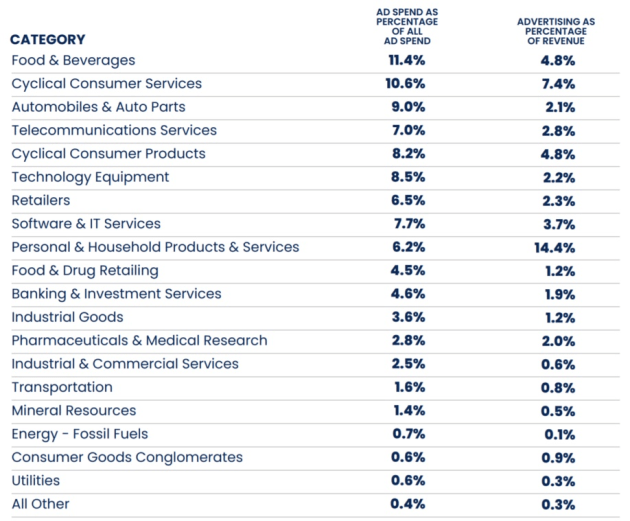
The latest research by GroupM’s Brian Wieser, global VP of business intelligence, takes a deep dive into sectors fundamentally changed by the pandemic and what this means for marketers.
“The impact of the coronavirus pandemic has reached unprecedented levels, profoundly affecting the physical, social and economic well-being of nearly every nation on earth,” says the report, The Great Shift.
“As companies, workers and consumers around the world have scrambled to adapt, large-scale changes that were already underway, including the use of virtual sales channels and other digital transformation strategies, have undergone remarkable acceleration. sectors
“Some of the businesses within heavily affected sectors managed to adjust, and some even benefited from record-setting demand.
“Countless other companies that were unable to meet the moment, for any number of reasons, have been forced out of business.
“The knock-on effects of the pandemic have amplified many other pre-existing trends, such as reduced global trade, rising income inequality and increasingly widespread calls for social justice.
“There have also been counter reactions further polarizing many societies. With all of these changes, marketers in much of the world have faced greater uncertainty than in any other time in memory, forcing the very function of marketing to rapidly transform itself.”
Auto has rebounded from 40% to 45% declines at the low point in April to current levels of flat or better.
Car manufacturers have relied on a digital experience during COVID to engage directly with consumers.
GroupM says it will be vital for marketers to invest heavily in consumer insights to understand what kinds of services consumers are likely to value and then integrate that digital customer experience into the buying process.
FMCG manufacturers have experienced a significant transition in how their products are sold, leading to a 277% increase in retail sales via e-commerce channels for food and beverage and health and personal care companies in the second quarter of 2020.
GroupM says manufacturers relying mainly on third parties will find tremendous opportunities with consumers primed to buy online.
Telecommunications has had a dramatic rise in importance during the pandemic as consumers increase internet usage – from faster, more robust broadband services to support working or schooling from home and streaming service growth to telehealth needs, e-commerce and contact tracing systems.
Financial Services has fared well during the pandemic, aided by liquidity provided by central banks from around the world paired with new government-backed loan programs and stimulus payments.
“As digital platforms become increasingly important to consumer banks, they will need to have sustained investment in branding to establish or reinforce trust, as well as a heavy investment in data-related infrastructure, both in terms of monitoring and segmenting different kinds of consumers to better understand and manage them and to better understand which prospective customers should and should not be targeted in campaigns,” says GroupM.
Entertainment, particularly streaming services for video-related entertainment, have been another feature of the pandemic.
“Studio owners will need to invest heavily in capabilities to aggregate and analyze data to understand consumers’ content and platform preferences, optimizing assets accordingly,” says GroupM
“Services will need to find ways to encourage consumers to try to stick with lesser-known and less expensive programming or else make the trade-off between continually investing in expensive, high-profile content and high levels of churn.”
Category related spending data shows the importance of different categories to the advertising industry and of advertising to different categories:
Have something to say on this? Share your views in the comments section below. Or if you have a news story or tip-off, drop us a line at adnews@yaffa.com.au
Sign up to the AdNews newsletter, like us on Facebook or follow us on Twitter for breaking stories and campaigns throughout the day.



